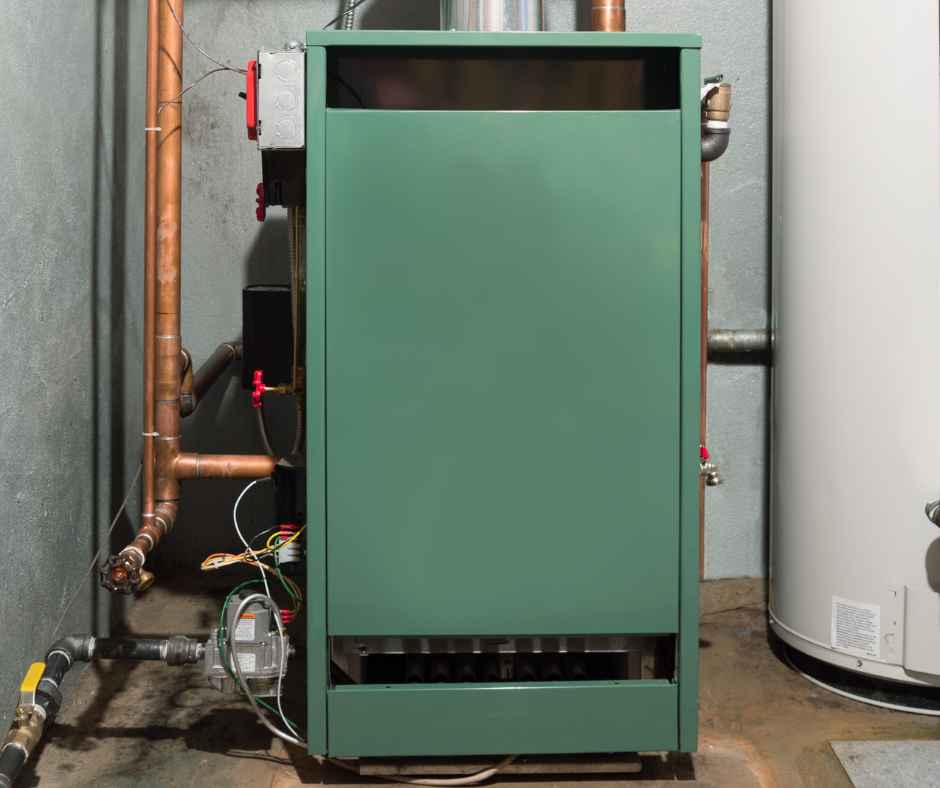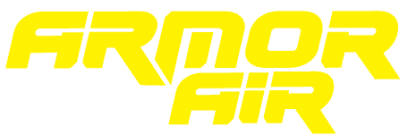Closed: Sun for God + Family time
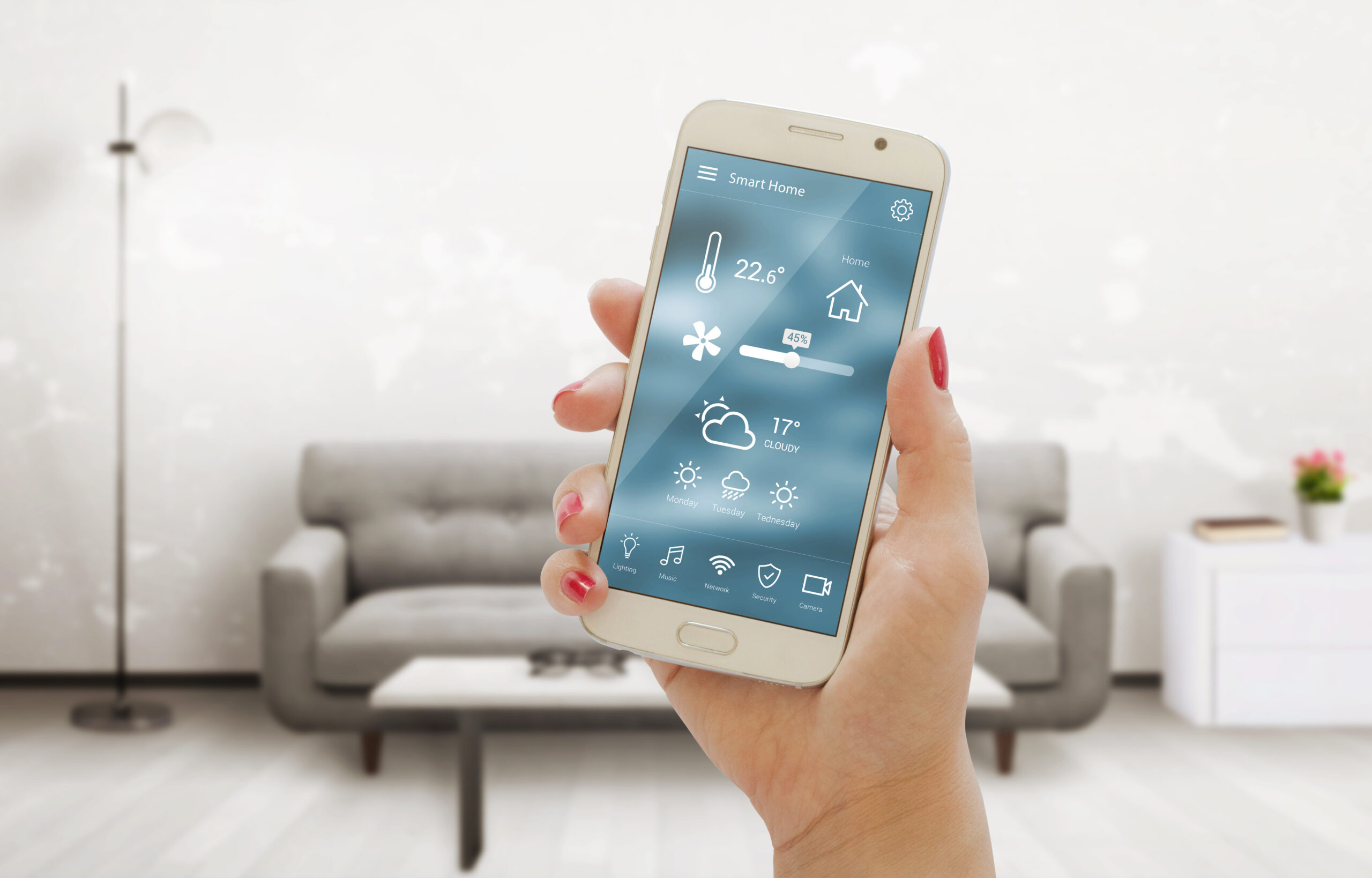
Smart Home HVAC Integrations in Indianapolis
Maximizing Comfort and Efficiency with Smart Home HVAC Integrations in Indianapolis
In the heart of the Midwest, where fluctuating temperatures are a common occurrence, residents of Indianapolis are constantly seeking ways to maintain comfortable indoor environments while ensuring energy efficiency. This quest for the ideal balance between comfort and cost has led to the growing popularity of integrating HVAC systems into smart home ecosystems.
Indianapolis, known for its diverse climate with hot summers and cold winters, places unique demands on HVAC systems. Therefore, understanding how to leverage smart home technology for efficient climate control is crucial for residents of the Circle City.
In this article, we will explore the advantages of integrating HVAC systems into your smart home in Indianapolis. From the convenience and control offered by smart thermostats to energy-efficient solutions tailored to the local climate, we will delve into the ways in which you can maximize comfort and savings in your Indianapolis home. So, whether you’re in the bustling neighborhoods of downtown Indianapolis, the historic districts, or the thriving suburbs, these smart home HVAC integrations are designed to cater to your specific needs.
Join us as we embark on a journey to uncover the immense benefits that await Indianapolis homeowners who embrace the latest smart home technologies for their HVAC systems. Discover how these innovations can not only simplify your life but also make your home more energy-efficient and environmentally responsible. Welcome to the future of comfort and efficiency in the Crossroads of America—Indianapolis!
The Need for Energy-Efficient HVAC Solutions
Indianapolis residents often experience both high energy demand in the summer and winter, leading to increased energy bills. In light of environmental concerns and the desire to save on utility costs, there is a growing need for energy-efficient HVAC solutions in the city.
Efficiency in HVAC systems not only reduces the strain on the power grid but also contributes to lowering greenhouse gas emissions—a crucial consideration for environmentally conscious homeowners in Indianapolis.
As we explore smart home integrations for HVAC systems in the subsequent sections, it’s important to keep in mind how these technologies can address the specific climate and energy challenges faced by residents of Indianapolis. Whether you’re looking to improve your heating during chilly winters, optimize ventilation for better air quality, or enhance your air conditioning for sweltering summers, smart HVAC integrations can help you achieve these goals efficiently and effectively.
The Advantages of Smart Home HVAC Integrations in Indiana
In a city known for its dynamic weather patterns, Indianapolis residents are increasingly turning to smart home integrations for their HVAC systems to gain a competitive edge in terms of comfort, efficiency, and cost savings. Let’s delve into the compelling advantages that await those who embrace these innovative solutions.
Convenience and Control
Indianapolis homeowners can attest to the unpredictable nature of the local weather. With smart home integrations, residents gain newfound convenience and control over their indoor climate:
Remote Temperature and Humidity Control: Imagine adjusting your thermostat or humidity levels with a few taps on your smartphone, no matter where you are in the city. Smart thermostats and connected HVAC systems allow you to do just that, ensuring your home is always at the perfect temperature.
Scheduling and Automation: Smart HVAC systems in Indianapolis enable homeowners to create customized schedules that align with their daily routines. You can automate temperature adjustments, ensuring your home is comfortable when you arrive while saving energy when no one is home.
Energy Efficiency
Efficiency is paramount in a city where energy bills can fluctuate dramatically throughout the year. Smart home integrations offer numerous ways to optimize HVAC energy consumption:
Smart Thermostats and Energy Savings: Leading brands like Nest, Ecobee, and Honeywell offer smart thermostats that learn your preferences and adapt to local weather conditions. They can save energy by adjusting temperatures when you’re away or asleep.
Integration with Weather Data: Indianapolis homeowners can benefit from HVAC systems that sync with local weather forecasts. These systems can make real-time adjustments, ensuring you’re not overcooling or overheating your home when milder weather is on the horizon.
Improved Indoor Air Quality
Indianapolis residents who deal with pollen in spring, high humidity in summer, and dry air in winter understand the importance of indoor air quality. Smart home HVAC integrations can address these concerns:
Air Purification and Filtration: Many smart HVAC systems come equipped with advanced filters and air purification technology, providing relief to those with allergies or respiratory issues.
Ventilation Control: Smart systems can manage ventilation, ensuring a constant supply of fresh air without overexposing your home to outdoor pollutants.
Cost Savings
While efficiency improvements directly translate into cost savings, smart home HVAC integrations offer additional financial benefits:
Lower Energy Bills: By optimizing energy usage and reducing waste, smart HVAC systems can significantly lower your monthly energy bills, providing substantial long-term savings.
Extended System Lifespan: With precise control and regular maintenance prompts, these systems can extend the lifespan of your HVAC components, delaying costly replacements.
As Indianapolis residents strive for greater comfort and reduced energy expenses, smart home integrations for HVAC systems offer a solution that aligns with the city’s unique climate and energy challenges.
Smart Home Integration Technologies in Indianapolis
Indianapolis, like many modern cities, is embracing the wave of smart home technologies that are transforming the way residents interact with their HVAC systems. In this section, we will delve into the specific technologies that make these integrations possible and how they are tailored to meet the unique needs of Indianapolis homeowners.
Smart Thermostats
Leading Brands and Their Features: Indianapolis residents have access to a wide range of smart thermostats, including Nest, Ecobee, Honeywell, and more. These devices offer features like adaptive learning, geofencing, and remote control, allowing you to fine-tune your HVAC system’s performance with ease.
Compatibility with Popular Smart Home Platforms: Smart thermostats seamlessly integrate with popular platforms like Amazon Alexa, Google Assistant, and Apple HomeKit. This compatibility enables voice control and cross-device automation, enhancing the overall smart home experience.
Voice Control and Virtual Assistants
Controlling HVAC with Voice Commands: Imagine arriving home on a chilly Indianapolis evening and simply saying, “Hey Google, raise the temperature to 72 degrees.” Voice-controlled virtual assistants like Google Assistant and Amazon Alexa can communicate with your smart HVAC system, making adjustments effortless.
Integration with Amazon Alexa, Google Assistant, and Apple HomeKit: Whether you prefer Amazon Echo, Google Home, or Apple HomePod, you can easily incorporate voice-controlled virtual assistants into your smart home ecosystem. This ensures that controlling your HVAC system is as simple as speaking a command.
IoT Sensors and Connectivity
IoT Devices for HVAC Monitoring: Indianapolis homeowners can take advantage of Internet of Things (IoT) sensors that monitor various aspects of their HVAC systems. These sensors provide real-time data on temperature, humidity, and energy usage, allowing for data-driven optimization.
Wireless Connectivity Options (Wi-Fi, Zigbee, Z-Wave): Smart HVAC devices in Indianapolis homes can connect via Wi-Fi, Zigbee, or Z-Wave, ensuring a stable and secure connection. These wireless technologies enable seamless communication between your HVAC system and other smart devices.
Home Automation Hubs
Smart Hubs for Centralized Control: To streamline the management of your smart home devices, consider investing in a home automation hub. Indianapolis homeowners can select from hubs like Samsung SmartThings, Hubitat, or Home Assistant, which provide centralized control and automation capabilities.
Interoperability with Various Devices: Smart hubs facilitate the integration of diverse smart devices, ensuring that your smart thermostat, lighting, security, and entertainment systems work harmoniously to enhance your lifestyle in Indianapolis.
By harnessing these smart home integration technologies, Indianapolis residents can tailor their HVAC systems to their specific climate needs and lifestyle preferences. Whether you want to remotely adjust your thermostat, optimize energy usage, or sync your HVAC system with other smart devices in your home, these technologies offer the flexibility and convenience that modern homeowners in Indianapolis seek.
Installation and Setup in Indianapolis
Now that we’ve explored the advantages and the technology behind smart home HVAC integrations in Indianapolis, it’s essential to understand the practical aspects of installing and setting up these systems. Whether you’re a DIY enthusiast or prefer professional assistance, this section will guide you through the process.
DIY vs. Professional Installation
DIY Installation: For tech-savvy homeowners in Indianapolis, many smart thermostats and HVAC sensors offer straightforward DIY installation. These devices typically come with user-friendly instructions, and there are plenty of online resources to assist you. DIY installations can be cost-effective and provide a sense of accomplishment.
Professional Installation: If you’re not comfortable with DIY tasks or have a complex HVAC system, opting for professional installation is a wise choice. HVAC professionals in Indianapolis are well-versed in the intricacies of HVAC systems and can ensure seamless integration with your smart home.
Compatibility Checks
Assess Your HVAC System: Before purchasing smart HVAC devices, ensure they are compatible with your existing HVAC system. Compatibility varies depending on factors like heating and cooling systems, voltage requirements, and wiring.
Wi-Fi Signal Strength: Check the Wi-Fi signal strength in the areas where you plan to install smart devices. A strong and stable Wi-Fi connection is crucial for reliable communication between your devices and the control app.
Configuring Smart HVAC Devices
Download the App: Most smart HVAC devices come with dedicated mobile apps. Download the app onto your smartphone or tablet and create an account if necessary.
Follow Setup Instructions: The setup process typically involves connecting the device to your Wi-Fi network and following on-screen instructions. Be sure to input accurate information about your HVAC system to enable proper control.
Customize Settings: Once connected, customize settings to align with your preferences. Set up schedules, geofencing, and automation rules to optimize your HVAC system’s performance.
Troubleshooting Common Installation Issues
Wi-Fi Connectivity Problems: If you encounter Wi-Fi connectivity issues, consider relocating your router or using Wi-Fi extenders to improve signal strength in areas where smart devices are installed.
Wiring and Compatibility: If you’re experiencing issues with the HVAC device’s compatibility or wiring, it’s best to consult with a professional HVAC technician in Indianapolis to ensure a safe and functional setup.
App and Software Updates: Regularly check for app and firmware updates for your smart HVAC devices. Keeping software up to date is essential for optimal performance and security.
In Indianapolis, where seasons can be unforgiving, ensuring a smooth and efficient installation of smart HVAC devices is crucial. Whether you choose to tackle the installation yourself or enlist the help of a professional, the key is to have a reliable and compatible setup that empowers you to maximize the benefits of smart home HVAC integration. With your system properly configured, you can take full advantage of the convenience, energy savings, and comfort that these technologies offer in the Circle City.
Best Practices for Smart HVAC Integration in Indianapolis
Now that your smart HVAC system is installed and operational in your Indianapolis home, it’s essential to adopt best practices to maximize its effectiveness, energy efficiency, and long-term benefits. These practices will help you make the most out of your investment and ensure that your home remains comfortable year-round.
Creating Energy-Efficient Schedules
Align with Local Climate: Indianapolis experiences both hot summers and cold winters. Adjust your HVAC schedules to account for these seasonal temperature variations. For instance, in winter, lower your thermostat during the night when it’s naturally cooler.
Utilize Geofencing: Many smart thermostats offer geofencing capabilities, which can detect when you leave and return home. Use this feature to automatically adjust the temperature when you’re away, reducing unnecessary heating or cooling.
Monitoring and Adjusting Settings
Regularly Review Usage Data: Keep an eye on your smart thermostat’s usage history to identify patterns and areas for improvement. Make adjustments based on past usage and seasonal changes in Indianapolis.
Adapt to Weather Forecasts: Take advantage of your HVAC system’s integration with local weather data. If unseasonably warm or cold weather is forecasted, allow your system to make real-time adjustments to save energy.
Integrating HVAC with Other Smart Devices
Sync with Window Coverings: Consider integrating your smart HVAC system with automated window coverings. In winter, open curtains during the day to let in sunlight for natural heating, and close them at night to retain heat.
Security System Integration: Connect your smart thermostat to your home security system. When you arm your security system to Away mode, your HVAC system can automatically adjust to an energy-saving temperature.
Regular Maintenance and Software Updates
Scheduled Maintenance: Continue with regular HVAC system maintenance, including filter replacements and professional check-ups. A well-maintained HVAC system is more energy-efficient and reliable.
Stay Updated: Keep your smart thermostat’s app and firmware updated to access the latest features and security enhancements. Regular updates ensure your system operates at peak performance.
By implementing these best practices, Indianapolis homeowners can ensure that their smart HVAC systems remain efficient, cost-effective, and aligned with the city’s unique climate patterns. Moreover, these practices help contribute to a more sustainable and environmentally responsible approach to home comfort in the Crossroads of America.
—
For Indianapolis residents, embracing these technologies is not just a matter of convenience—it’s a commitment to a more comfortable, efficient, and environmentally responsible way of living. With smart home HVAC integration, the future of home comfort in Indianapolis looks brighter than ever before.
Share This Story, Choose Your Platform!
Recent News
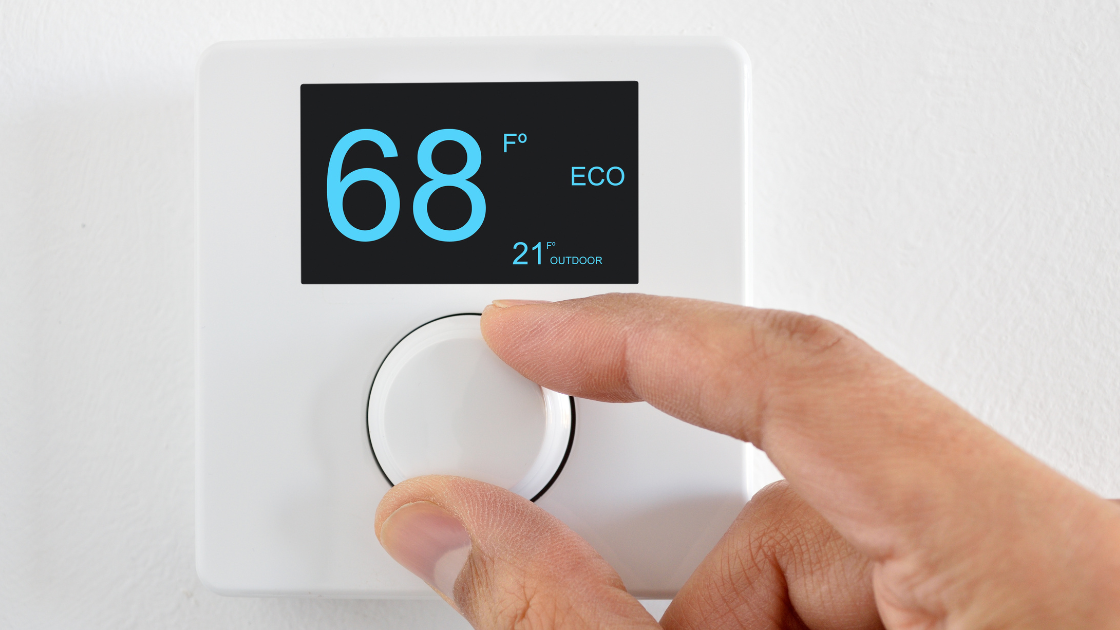
Help! My Heater Won’t Turn Off
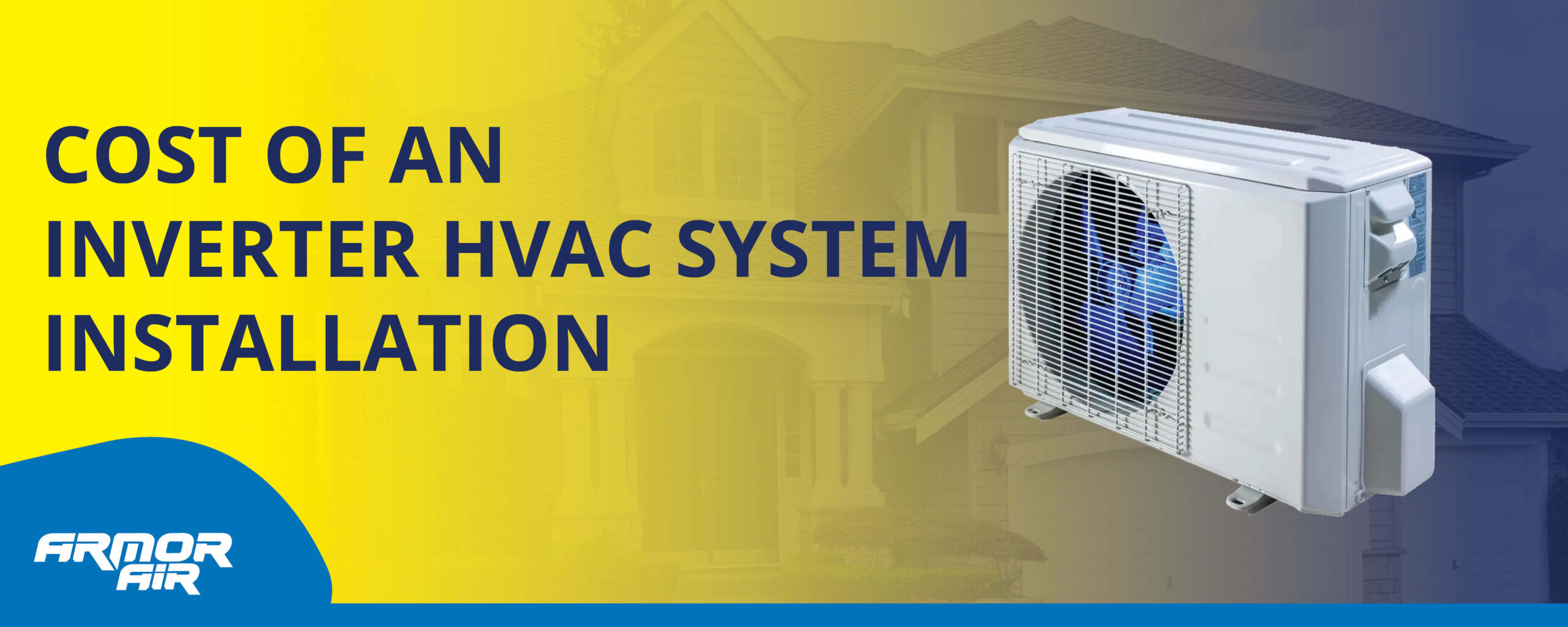
How Much Does an Inverter HVAC System Installation Cost (2025)
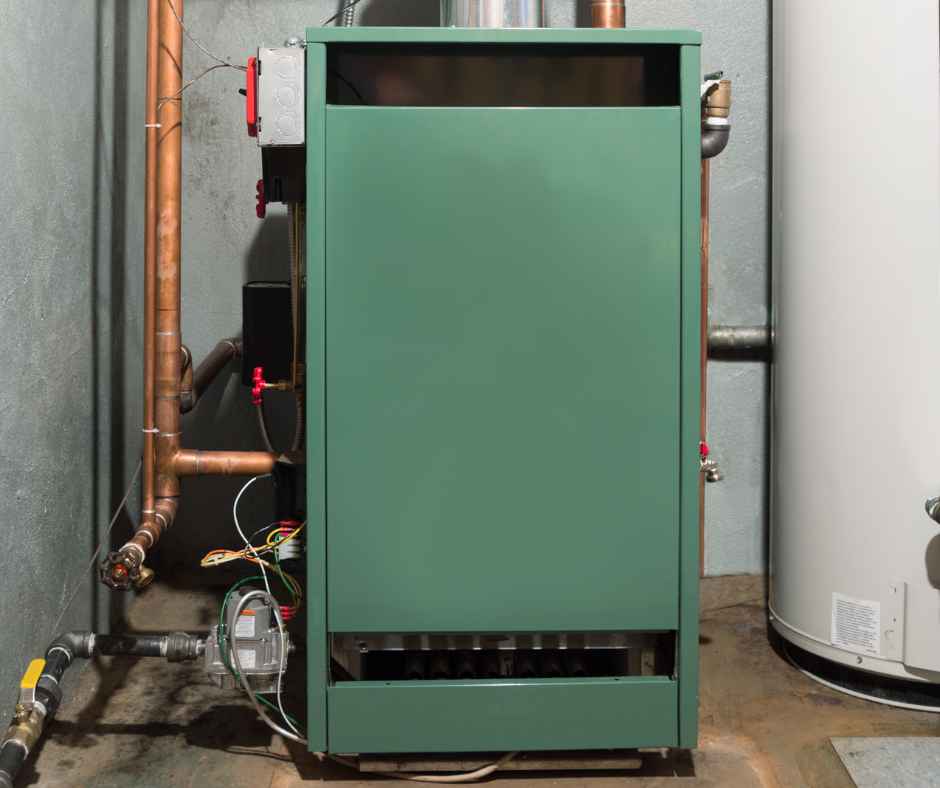
Why Does My Furnace Smell Like It’s Burning?
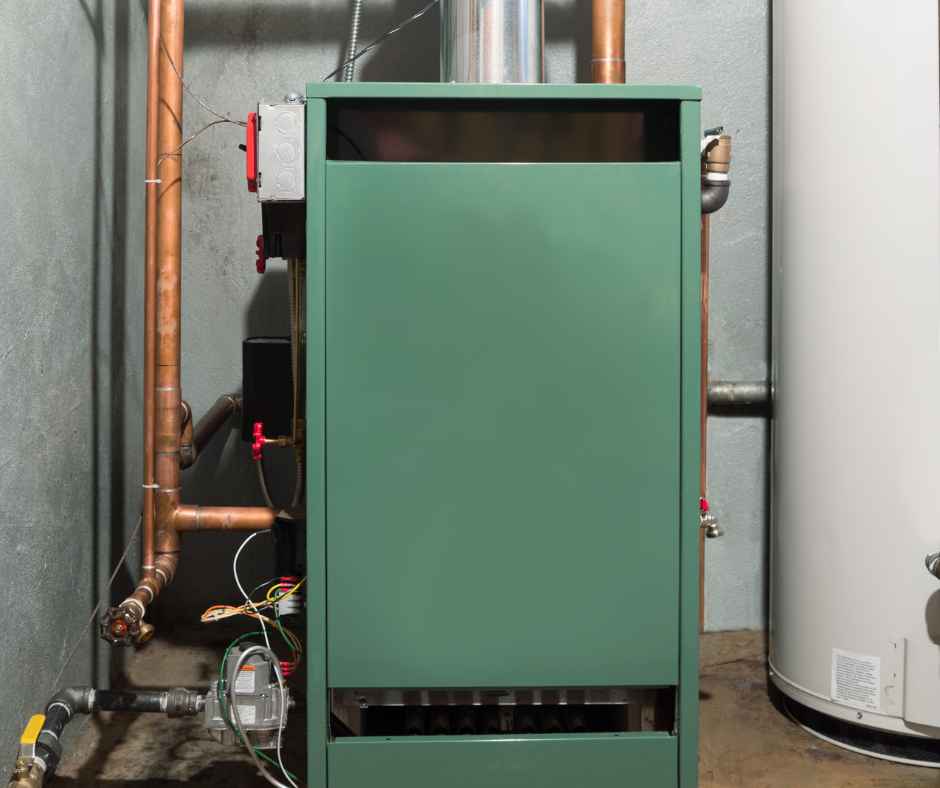
Why Won’t My Heat Turn On?

Why is the Water Pressure Low in My House?

Why a Tankless Water Heater Might Be the Best Investment for Your Indianapolis Home?
